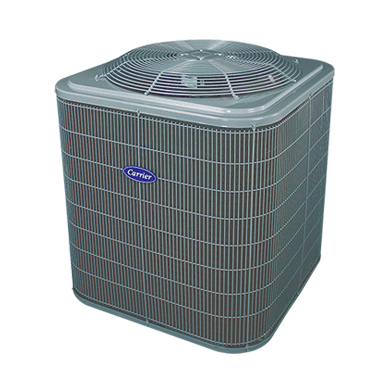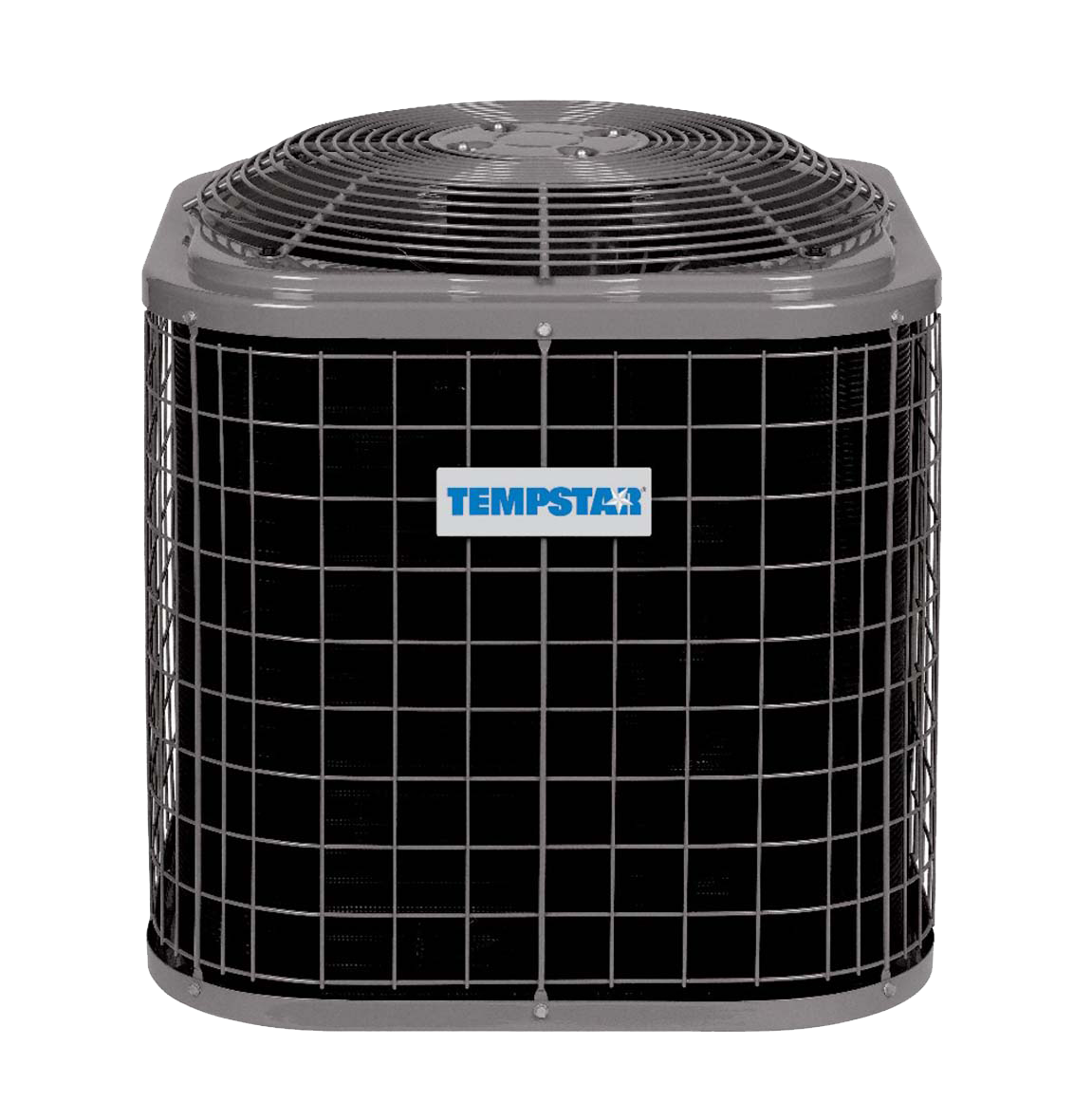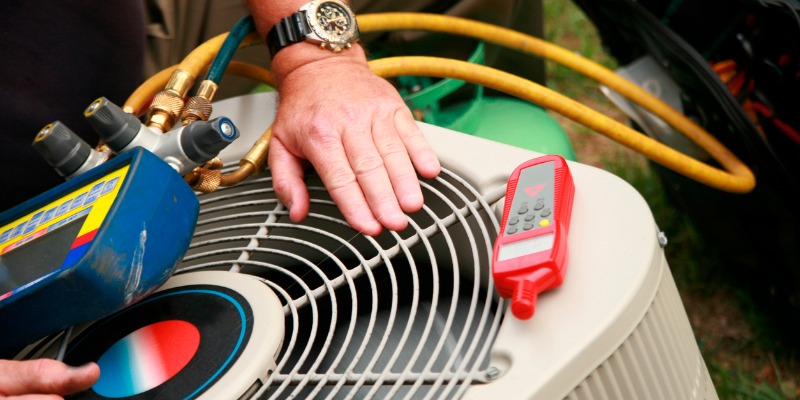How Many Pounds of Freon in a 5 Ton Unit
Now most home air conditioning units are between one ton and five tons. Now most home air conditioning units are between one ton and five tons.

Performed An Ac Maintenance On A Lennox Split System Ac Maintenance Split System System
Is 2 lbs of Freon a lot.

. How many pounds of Freon are in a 5 ton unit. If you have a large air conditioning unit you should use two to four pounds of refrigerant per ton. Since the original equipment was installed in 1984 in a crawl space I sincerely doubt that is the case.
The rule of thumb is two to four pounds of refrigerant per one ton of your unit. Of refrigerant per ton of your air conditioning unit. In general an air conditioner system needs two to four pounds of coolant per ton capacity.
Now most home air conditioning units are between one ton and five tons. To your question a 15-ton unit could hold 3 to 6 lbs of refrigerant. Modern central ac units should never need a recharge unless it has a leak.
Anything over five tons or greater is considered a commercial unit. Thereof how many pounds of Freon does a 2 ton air conditioner hold. As for how much Freonis in each unit that could be lost due to damage the general rule of thumb is 212 poundsof refrigerant per ton of cooling.
As with all rule of thumb your miles can and will vary. Anything over five tons or greater is considered a commercial unit. Also short of being about a 5 ton 19 SEER unit with a line set of about 100 and an oversized indoor coil I have never seen a charge adder sheet that would arrive at 12 Lbs total charge.
Is number of feet over 15 times 6 ounces Note. Should be listed somewhere on the condenser Possibly inside the controls cover plate in ounces. 19 SEER units didnt even exist back then.
Answer 1 of 4. How Much Freon Is In A 5 Ton Unit. One 1 ton when speaking of thermal capacity is equivalent to 12000 BTU per hour you can google how the.
The exact amount of Freon needed is determined by a variety of factors such as the type of unit and where it is installed. Some of the variables that affect how much coolant is needed include the length of the lineset the diameter. A rough rule of thumb could be 2 to 4 lbs per ton.
They are approximate and should not be used to determine an exact or most effective level of refrigerant to operate any heat pump efficiently. Now you have a guesstimate of total Freon in a 25 ton unit. 20-ton unit with 80 Pounds and leaks 10 pounds leak rate of 125.
The rule of thumb is two to four pounds of refrigerant per ton of your air conditioning unit. The rule of thumb is two to four pounds of refrigerant per one ton of your unit. Your best bet is to hire a good AC technician ideally one that is certified by the manufacturer of yo.
How much refrigerant is in a 5 ton. 20-ton unit with 49 pounds and leaks 10 pounds leak rate of 20. The amount of Freon or other refrigerant necessary to fill any size air conditioning unit depends on factors such as the size.
The actual manufacturer of my unit. As for how much Freon is in each unit that could be lost due to damage the general rule of thumb is. You should always check the specifications of your unit.
Amount of Freon in Units As for how much Freon is in each unit that could be lost due to damage the general rule of thumb is 2 12 pounds of refrigerant per ton of cooling. 6 Jan 14 2011 Edited The amount for factory charge for 15 ft. A 3-ton air conditioning unit can hold 6 to 12 pounds of Freon depending on the unit.
There are many problems with this process but the most significant to how to calculate charge are the following. If we do the math of four pounds of refrigerant times two tons of your unit you end up with eight pounds of refrigerant required. Beside this is 2 pounds of Freon a lot.
The tonnage of an AC unit determines its size and the amount of space it can cool with larger tonnage units providing greater cooling abilities. However there are many variables that affect exactly how much coolant a particular system needs. While the perfect unit operating without any kind of failure wont lose any freon a unit that requires servicing of any kind as for how much freon is in each unit that could be lost due to damage the general rule of thumb is 2 12 pounds of refrigerant per ton of cooling.
Underreporting of weight means that as systems leak the leak rate looks larger. I have a goodman 25 ton R410a heatpump and the recommended amount to add over 15ft. These weights are base on an average of three pounds of refrigerant per ton of cooling capacity.
Now most home air conditioning units are between one ton and five tons. Anything over five tons or greater is considered a commercial unit. A five-ton air conditioner holds around 10 to 20 pounds of Freon.
The rule of thumb is two to four pounds. In the modern era most home air conditioners are between one and five tons in weight. Lets say you have a two ton home unit.
Click to see full answer. Answer 1 of 3. The tonnage of an air conditioner is a measure of its maximum thermal capacity and not the amount of refrigerant in the system.

Comfort 14 Central Air Conditioning Unit 24acc4 Carrier Home Comfort

Check Your Air Condition System If Your Ac Doesn T Work During The First Hot Day You Try To Use It You Ll Most L Home Maintenance Heating And Cooling Repair

N4a5 Central Air Conditioner Ac Unit Tempstar

Air Conditioner Freon Refill Cost Cost Of Freon Per Pound

Life Expectancy Of A C Parts Compressor And Refrigerant

Check Your Air Condition System If Your Ac Doesn T Work During The First Hot Day You Try To Use It You Ll Most L Home Maintenance Heating And Cooling Repair

How Much Refrigerant Is In A Home Air Conditioner Arlington Tx

Too Much Refrigerant In An Ac Is A Problem Too Balanced Air Inc

Air Conditioner Refrigerant Costs On The Rise Fixd Repair

Check Your Air Condition System If Your Ac Doesn T Work During The First Hot Day You Try To Use It You Ll Most L Home Maintenance Heating And Cooling Repair

Check Your Air Condition System If Your Ac Doesn T Work During The First Hot Day You Try To Use It You Ll Most L Home Maintenance Heating And Cooling Repair








Comments
Post a Comment